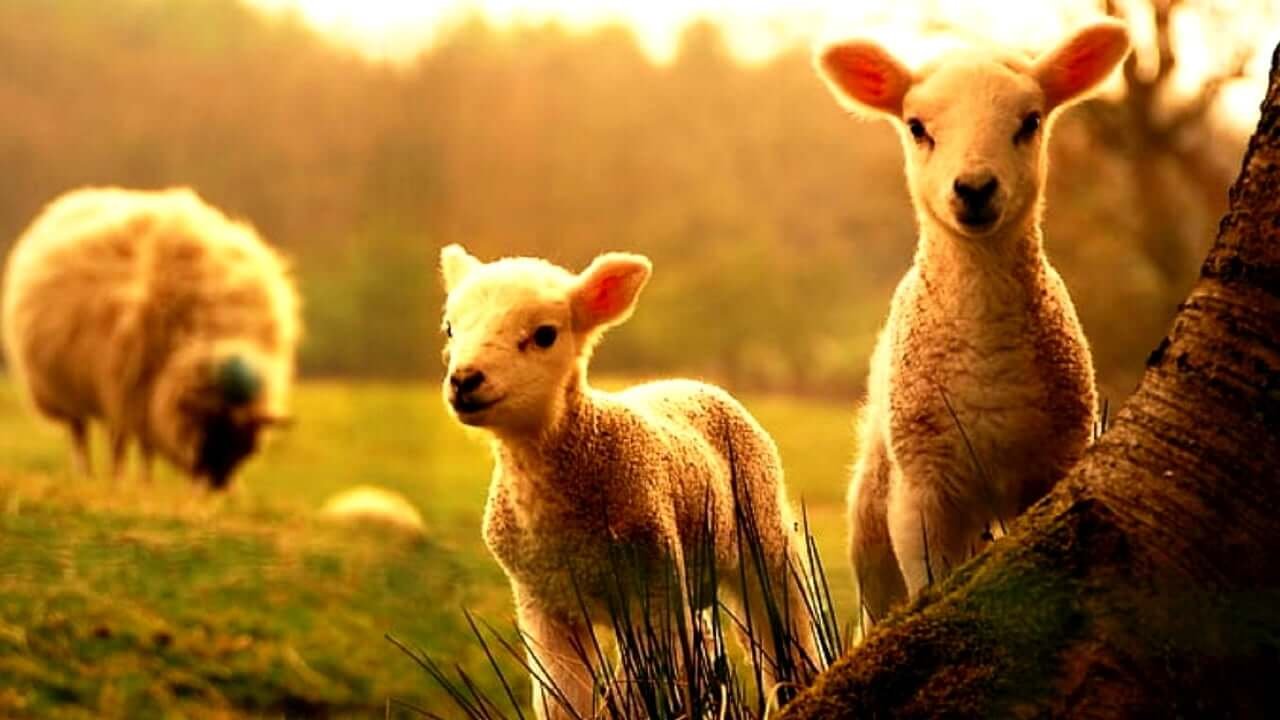Compassion for Animals
Tsa’ar baalei chaim, the prohibition on causing animals pain, is one of the most beautiful teachings in Judaism.
Our sacred Jewish texts emphasize compassion for animals, and strongly oppose the infliction of suffering on other living creatures.
Consider:
- The Bible tells us explicitly, “The righteous man regards the life of his animal.”1
- In Exodus, G-d insists that “When you see the ass of your enemy lying under its burden and would refrain from raising it, you must nevertheless raise it with him.”2
- The Code of Jewish Law states, “It is forbidden, according to the law of the Torah, to inflict pain upon any living creature. On the contrary, it is our duty to relieve pain of any creature, even if it is ownerless of belongs to a non-Jew.”3
- The Talmud explains that the obligation to relieve an animal from pain or danger supercedes rabbinic ordinances related to the Sabbath. Indeed, the welfare of animals is so important that the Fifth Commandment mentions them specifically, and they too must be allowed to rest on the Sabbath.4
The Talmud further insists that “A person should not eat or drink before first providing for his animals.”5 Indeed, the Shulchan Aruch tells us it is so important that our animals not go hungry, that a person is legally authorized to interrupt the performance of a rabbinic commandment in order to make sure his animals have been fed.
The rabbis further demonstrated their concern for animals by strongly disapproving of hunting. In fact, the Talmud prohibits even association with hunters.6
Indeed, there are so many commandments mandating humane treatment for animals that the rabbis explicitly declared consideration for animals a biblical law. As the Talmud states, “Great importance is attached to the humane treatment of animals, so much so that it is declared to be as fundamental as human righteousness.”7
As Rabbi Samson Raphael Hirsch wrote, “Here you are faced with G-d’s teaching, which obliges you not only to refrain from inflicting unnecessary pain on any animal, but to help and, when you can, to lessen the pain whenever you see an animal suffering, even though no fault of yours.”8
Tsa’ar ba’alei chaim is such an important idea in Judaism that Joseph H. Hertz, the chief rabbi of Great Britain from 1913-1946, said, “It is one of the glories of Judaism that, thousands of years before anyone else, it so fully recognized our duties to (animals).”
It is absolutely clear that concern for the welfare of animals is an obligation for Jews.
So how do our teachings compare with the treatment of farm animals in modern agriculture.
To learn more about the plight of farm animals, read these short articles about the treatment of chickens, cows, fish and sheep on our Website.

How does their treatment relate to the Jewish mandate not to cause pain to any animal?
How does their lifelong confinement compare with Rashi’s statement that they must be free to roam and enjoy the beauties of nature on the Sabbath day?
How is their starvation through weather extremes during transport to slaughter consistent with the mandate that we must not eat before making sure our animals are provided for, even if this interrupts a rabbinic commandment?
How does the dairy industry’s practice of removing the calf from his mother just after birth compare to Maimonides’ words that “there is no difference in this case between the pain of people and the pain of other living beings”?
How can we as Jews, who are not permitted even a small notch in the knife used for killing an animal lest it cause momentary pain, who are not even allowed to associate with hunters, how can we inflict all this suffering on so many of G-d’s creatures, about whom the Torah tells us “the L-rd is good to all, and His tender mercy is over all His works?”
Where is the mercy here for these suffering animals?
It is clear that the Torah envisages a peaceful, happy life for animals. Today in America, however, we cannot eat animal products without directly participating in cruelty of unfathomable proportions. Each year, in the US alone, 10 billion warm-blooded animals are slaughtered for food. Compare that to the human population of the entire Earth of 7 billion, and there is no comprehending the amount of suffering involved.
We cannot be compassionate, we cannot abhor cruelty, we cannot be true to the beautiful teachings of the Torah, indeed, we cannot be our best selves and the truest Jews, as long as we continue to link ourselves to the torment of these abused souls.
Millions of people are going vegan every year. Please consider transitioning toward a vegan diet yourself, so that we as Jews can help create a more compassionate world.
And to see how easy and delicious it is to eat more plants and less meat, click here.

